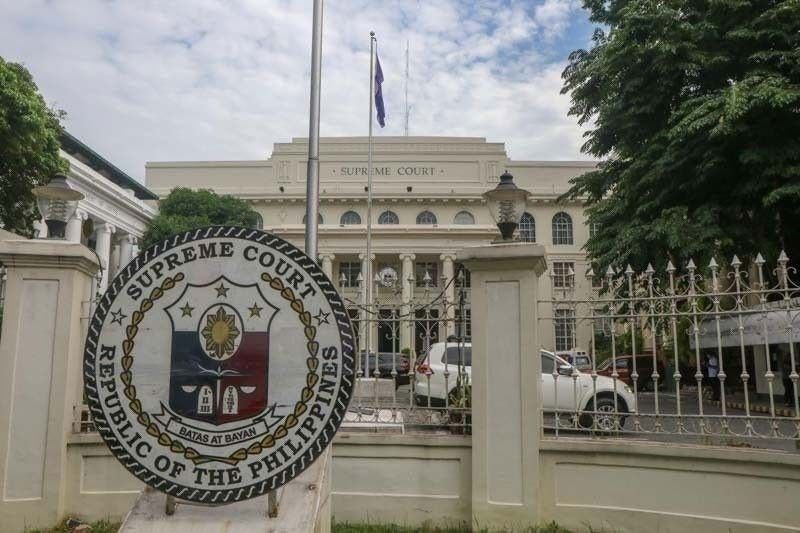SC imposes jail term, P2M fine on child 'pornographer'

MANILA, Philippines — The Supreme Court (SC) upheld a ruling that found an individual guilty of violating the Anti-Child Pornography Act of 2009.
The individual faces a maximum sentence of 40 years imprisonment and a fine of two million pesos.
In a ruling penned by Associate Justice Mario Lopez, the high court denied the appeal of Luisa Pineda, who was convicted both by the Regional Trial Court (RTC) and the Court of Appeals (CA) for child pornography qualified with the use of a computer system.
The case stemmed when police officers acted on a tip from the Federal Bureau of Investigation of the United States. They discovered a computer and a cell phone at Pineda’s residence, containing explicit photos and videos of her six-year-old niece.
The child was left under Pineda’s custody after her parents separated, according to the SC, citing the police officers. The child also narrated that Pineda ordered her “to enter a room, remove her clothes and stand naked in front of a computer monitor with a webcam where her private parts were exposed to an unidentified old man.”
Pineda faced charges for violating both the Anti-Child Pornography Act of 2009 and the Cybercrime Prevention Act of 2012. The Regional Trial Court (RTC) and the Court of Appeals (CA) both found her guilty, leading Pineda to file an appeal in the higher court.
In her appeal, the SC discussed the effect of the subsequent enactment of RA 11930 or the Anti-Online Sexual Abuse of Exploitation of Children (OSAEC) and Anti-Child Sexual Abuse or Exploitation Materials Act (CSAEM) which repealed the Anti-Child Pornography Act of 2009.
If a penal law is fully repealed, courts can't punish someone charged under the old law before its repeal.
In such cases, the offense is treated as if it never existed, as if the person accused of committing it never actually did so, according to the high court.
However, it specified that the exception to this rule arises when the repealing law reinstates the former statute and imposes penalties for the same act that was previously penalized under the old law.
“Under this exception, the act committed before the reenactment continues to be an offense and pending cases are not affected, regardless of whether the new penalty to be imposed is more favorable to the accused,” the court said.
Despite this issue, the SC decided that Pineda's case could proceed, given that both the OSAEC and CSAEM were designed to tackle offenses similar to those addressed by the Anti-Child Pornography Act of 2009.
The SC found Pineda guilty as all the elements of child pornography were present in the case.
The SC outlined the elements necessary to classify an act as child pornography, as stipulated in the Anti-Child Pornography Act of 2009:
Under Sections 4(a), (b), and (c) of RA 9775, the elements of child pornography are: (1) the victim is below 18 years old or over but unable to fully take care of himself or herself; (2) the offender either: (i) hires, employs, uses, persuades, induces or coerces a child to perform in the creation or production of any form of child pornography; or (ii) produces, directs, manufactures or creates any form of child pornography; or (iii) publishes, offers, transmits, sells, distributes, broadcasts, advertises, promotes, exports or imports any form of child pornography; and (3) the child’s sexual activities were represented through visual, audio, or written combination, by electronic, mechanical, digital, optical, magnetic, or any other means.
Aside from the elements stipulated in the Anti-Child Pornography Act of 2009, the high court also said that law enforcement had discovered a conversation between Pineda and a foreign customer for the sale of her niece’s explicit photos.
“Clearly, Pineda committed the prohibited acts in RA 9775 when she persuaded, induced, and coerced her niece AAA262941 to perform in the creation of nude photos and videos, and when she subsequently offered to sell these child pornographic materials,” the SC said.
Aside from the fine and imprisonment, the high court also ordered Pineda to pay the victim a P300,000 fine as moral damages.
- Latest
- Trending






























